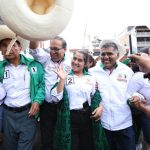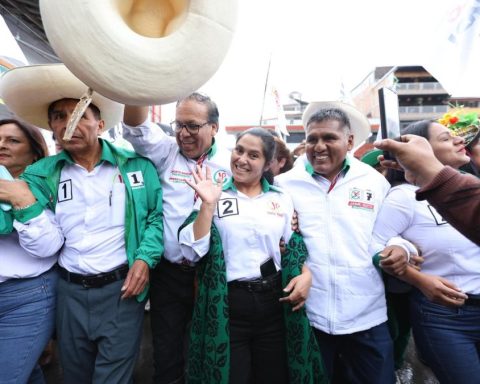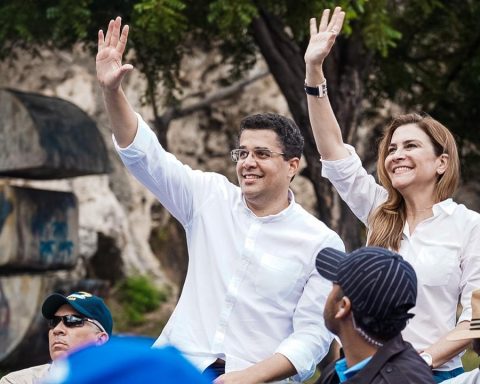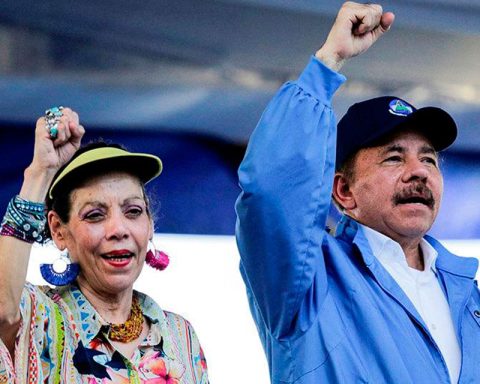Sebastián (49) and Nicolás (47) Franco were born in the city of Montevideo, but since they were children they managed to create a link to the field which remains intact to this day. The brothers —and today also partners— used to spend long periods of time at their grandparents’ farms in San Ramón (Canelones), where they helped them with their fifths.
“Our grandparents harvested vegetables and flowers and from childhood we saw what the process of planting and assembling the seedlings“, Nicolás Franco told Coffee & Business. Over the years, Sebastián became linked to the technology and Nicholas with him trade.
Between their personal stories and their professional paths, “a combo” was formed —as Nicolás described it— that years later, in 2019, it resulted in the founding of his own startup, Seedorina.
The Uruguayan technology company designs and manufactures sowing robotswhich lower costs, provide information on harvests and reduce the impact of agriculture on the environment.
The beginnings of entrepreneurship
The brothers were motivated by solving some problems that they identified in both horticultural and forestry nurseries. “Those nurseries had a lot of technology applied at the end of the process, but, at the time of sowing, it was still done by hand,” said Nicolás.
Motivated by this, the Franco brothers began to devise these sowing robots. Thanks to this technological tool, “it is possible to reduce the production costs of the seedlings by 25% and, in some cases, it is possible to save up to 50% in the amount of seeds, 20% in terms of the use of fertilizers and 15 % of the water, so it has a positive impact on the environment”, developed Nicolás.
The device reports information to the cloud —where the data is stored— that the partners created, that disaggregated by production metrics during the sowing operation and, thus, it is possible to observe the panorama of daily production, Franco explained.
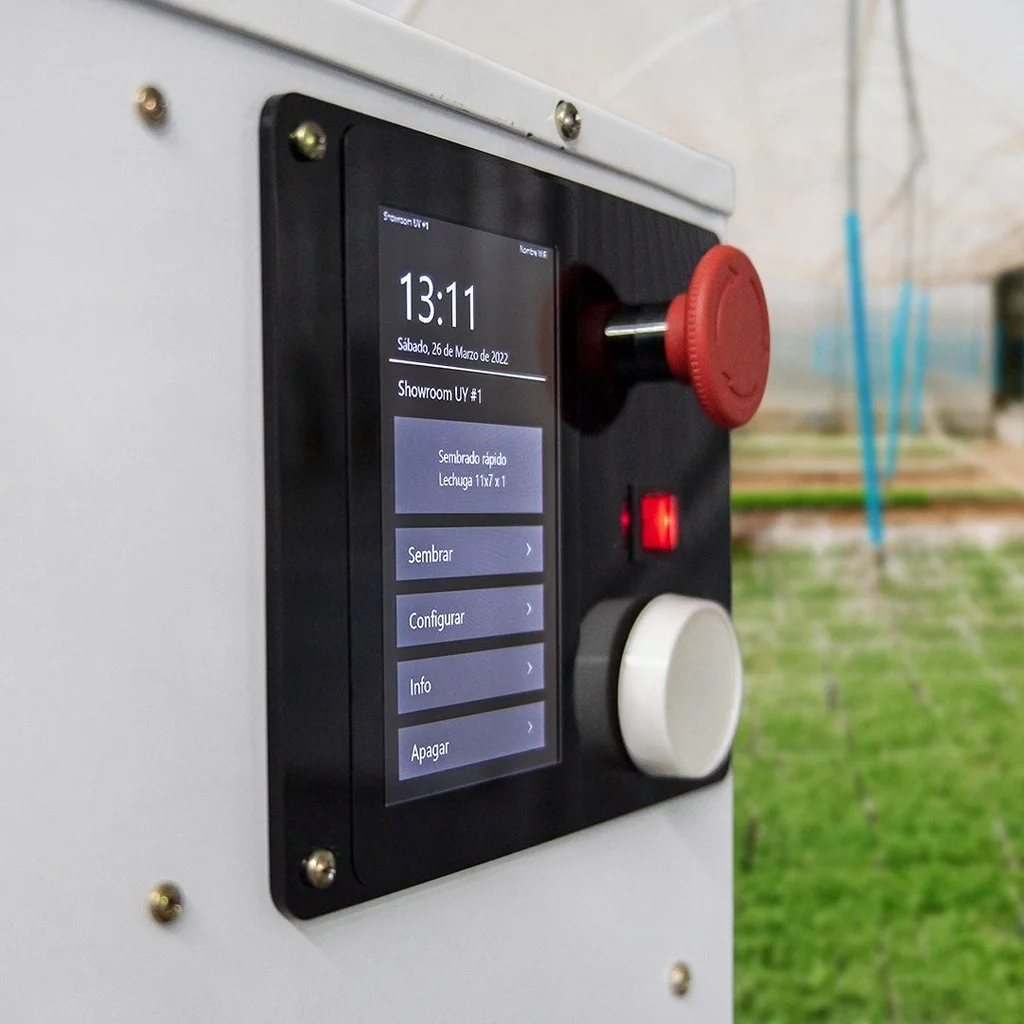
seedorina
The brothers designed prototypes whose function was to take seeds and place them in the nurseryand in that phase of the development of the product, the developers managed to measure time to develop the tool.
Franco highlighted the value that Seedorina’s robot introduced to the market as a work tool, since the industry has used the traditional Italian lettuce planter for decades.
The startup works, in turn, on labeling so that the traceability of the crop is known – from green leafy vegetables to wood – just as it is today with cattle. The objective is to add value and to have easy access to product information, for example with the tree plantations in which its wood will be used: which variety was planted, when, in which field it grew and when it was cut.
The technology gained the support of seed capital from the National Agency for Research and Innovation (ANII) to establish itself and thus take its first steps.
A company in two countries
Now, the Uruguayan technology company went a step further and appeared before a program of the UCR Epic-Eurosemillas Incubation Challenge to enter the US market. Among the 60 Latin American startups, Seedorina was one of those chosen to present their developments in front of a panel made up of investors, resident entrepreneurs, academics and executives from the UCR. And he managed to be a finalist and get first place.
“This award, given by the University of California Riverside, is the gateway to commercialize in the US market the sowing robots designed, programmed and produced in Uruguay”, they explained from the ANII.
Uruguayan businessmen are in the process of patenting the product and Company opening in the United States. In October, the partners hope to travel to California and start with investors who bet on the startup and different clientssuch as horticultural, forestry and floral nurseries.
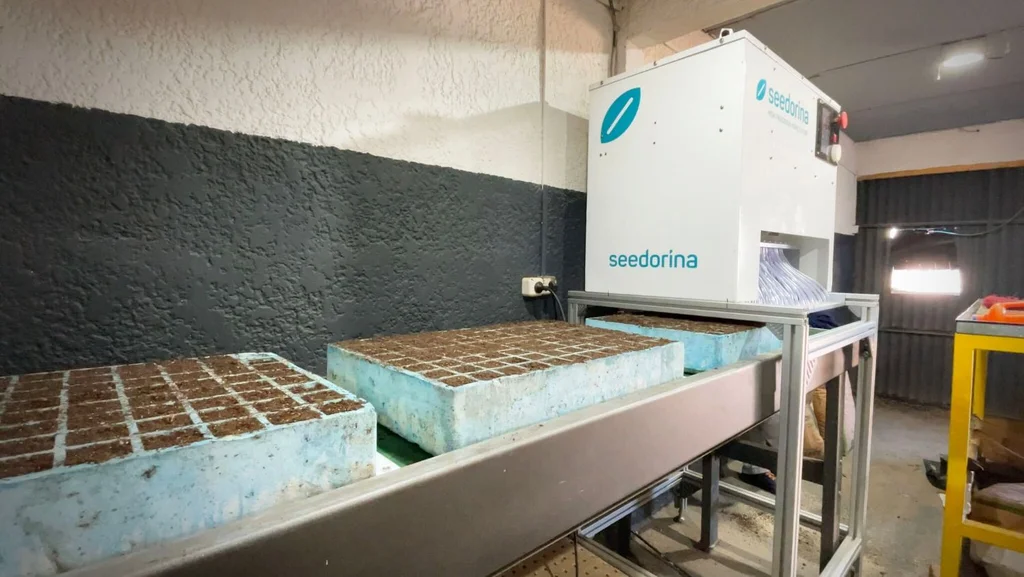
seedorina
Thus, Seedorina will produce its robots in Uruguay and also in the United States, and they already hope to export from both countries. “We are at the right time to start scaling over the next two years,” Nicolás said.
Seedorina has already placed 11 robots in Uruguay that are fully operational. The machinery costs between US$7,800 and US$9,500.
Besides, Entrepreneurs expect to reach the Brazilian market by 2024 and the Chilean one in the medium term.
“We are a seed capital project from ANII, without their support we would not have been able to start. (The state agency) supports startups and works for Uruguayan technology to conquer new markets,” the entrepreneur concluded.






